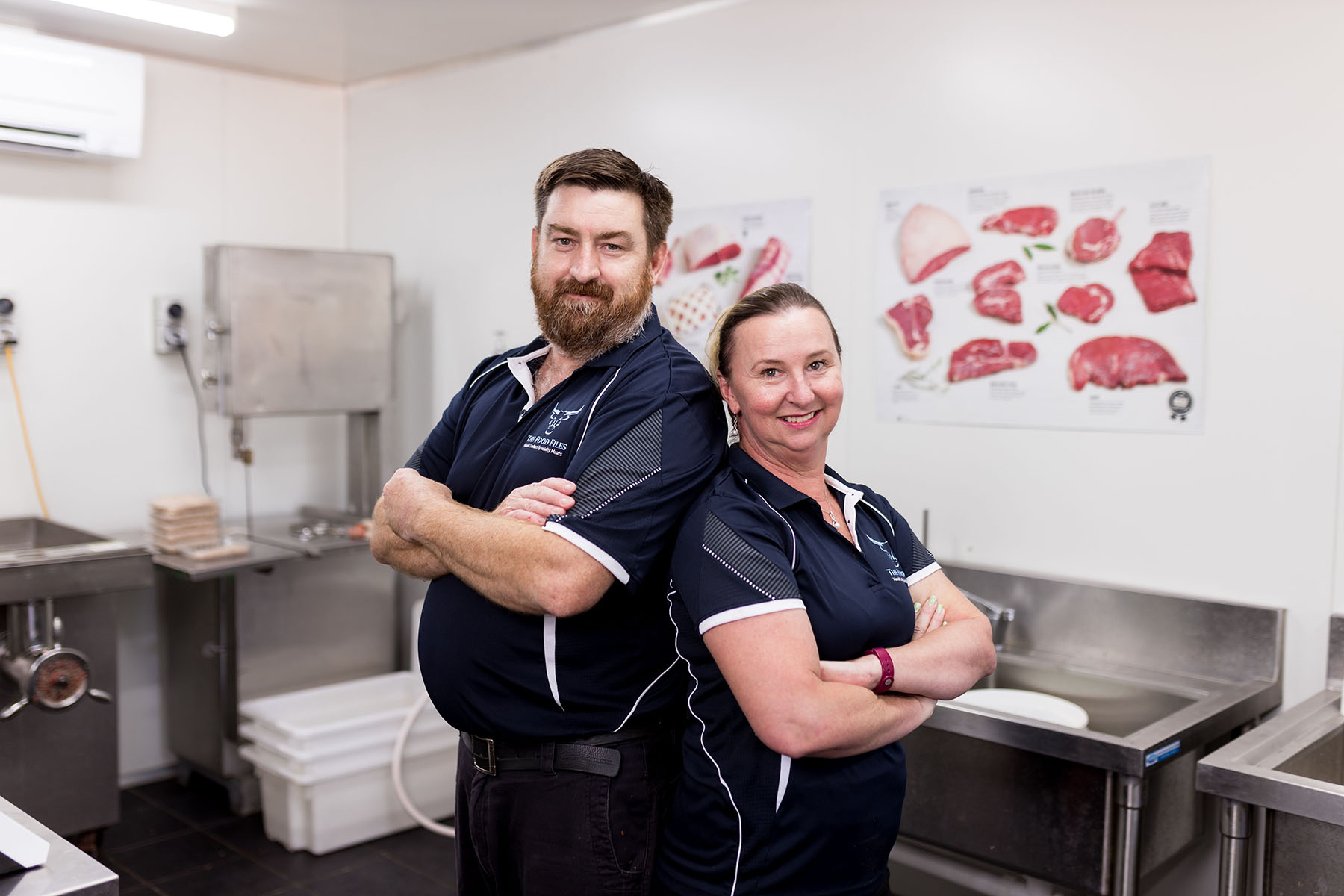Did you know that bubble wrap was originally sold as a textured wallpaper? As history has shown us, it wasn’t a viable product for its intended customers.
The success of online business ideas or other small business ideas will always depend on a range of factors. Some factors are out of your control, such as interest rates, tax brackets and the state, national and even global economy. Other factors depend on how much time, effort and money you have to invest in your business – and whether your business is viable, offering a product or service that customers are willing to pay for.
We often speak with clients who have borrowed large amounts of money from the bank to start their business without first working out whether their business is likely to be a success. Here are 10 important questions to ask yourself before you look into business loans.
1 - Would you be risking losing your house?
Your home is likely to be your biggest investment, so you really need to think about whether you’re willing to borrow against it when you’re starting a business.
2 - How much would you actually need to borrow?
The more you borrow, the more profit your bank or financial institution is likely to make out of your interest and repayments. The amount you can get approval to borrow won’t necessarily be the amount that you need – it’s likely to be much more.
3 - What does approval from your bank actually mean?
Don’t base the viability of your business on the amount your bank is willing to approve. Ultimately, your bank may be willing to lend you a large amount of money based on the value of your home or other assets, not necessarily the viability of your business idea.
4 - How much would the repayments be?
The Royal Commission into the banking sector has highlighted a number of issues related to personal lending practices. Some people have been provided with loans they simply can’t afford to repay. When applying for business loans, you need to be realistic – only borrow what you need and what you can afford to pay back comfortably.
5 - Do you know how much your business is likely to make?
It’s important to look at how much money your business is likely to make before you get started. Work out the costs of your products and services, including overheads such as your rent and utility bills, and look at how much you could reasonably charge to cover your costs and make a profit. If your profit margin is low to begin with, repaying a business loan could become a financial burden.
6 - Do you have a business plan?
Learning how to write a business plan will help you work out whether your business idea will be viable. You can put together the details of what you need to get started, how you plan to attract customers and what you’re hoping to achieve. Writing a detailed business plan is a great tool to set you up for success – and it’s often the first step in applying for business loans.
7 - Have you done your due diligence?
When you’re starting a business, you need to invest time in proper market research and due diligence related to your business idea.
8 - Have you spoken with an accountant?
Getting professional advice about your business and financial planning will cost you upfront, but could be a worthwhile investment. The cost of a session with an accountant is probably much less than facing major financial problems if your business doesn’t work out.
9 - Are you eligible for other funding?
You might be eligible for a small business grant – so it’s worth exploring your options before you apply for business loans.
10 - What other options do you have?
Some business owners get started by borrowing from family or friends, which comes with its own potential risks and rewards. Another option could be to continue working somewhere with a steady income as you launch your business on the side and build your customer base.
The inventors of bubble wrap eventually found a global market as a packaging product – but they had to overcome many obstacles on the way. It’s important to make sure your business is viable and explore all of your options before you think about applying for a loan.
If you would like advice about your specific situation or contract, you might like to explore our free business advisory service. We also offer a free Starting a Business workshop and a range of other services to help you through starting your business and beyond.




